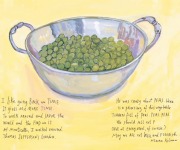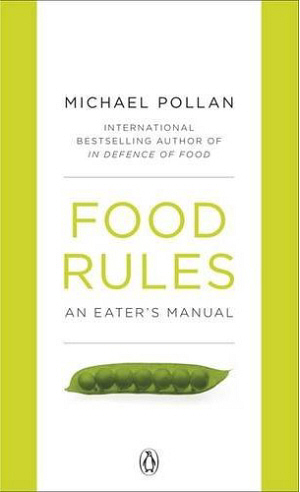

Pollan puts it, “If it came from a plant, eat it if it was made in a plant, don’t.”ĭo you already avoid products made with high-fructose corn syrup? Good, but keep in mind, sugar is sugar, and if it is being added to a food that is not normally sweetened, avoid it as well. I will add a third reason: our economy cannot afford to continue to patch up the millions of people who each year develop a diet-related ailment, and our planetary resources simply cannot sustain our eating style and continue to support its ever-growing population.Īs Mr. And those who, for reasons of ill health or dietary philosophy, have abandoned Western eating habits often experience a rapid and significant improvement in their health indicators. The second fact is that people who consume traditional diets, free of the ersatz foods that line our supermarket shelves, experience these diseases at much lower rates. Pollan points out, is that populations who rely on the so-called Western diet lots of processed foods, meat, added fat, sugar and refined grains “invariably suffer from high rates of the so-called Western diseases: obesity, Type 2 diabetes, cardiovascular disease and cancer.” Indeed, 4 of the top 10 killers of Americans are linked to this diet.Īs people in Asian and Mediterranean countries have become more Westernized (affluent, citified and exposed to the fast foods exported from the United States), they have become increasingly prone to the same afflictions. Two fundamental facts provide the impetus Americans and other Westerners need to make dietary changes.

But I suspect that this little book, which is based on research but not annotated, can do more than the most authoritative text to get you motivated to make some important, lasting, health-promoting and planet-saving changes in what and how you eat. And chances are you’ve yet to put most of them into practice. I, for one, have been writing and speaking about them for decades. If you don’t have the time and inclination to read the first two, you can do yourself and your family no better service than to invest $11 and one hour to whip through the 139 pages of “Food Rules” and adapt its guidance to your shopping and eating habits.Ĭhances are you’ve heard any number of the rules before.


You may recognize his name as the author of two highly praised books on food and nutrition, “In Defense of Food: An Eater’s Manifesto” and “The Omnivore’s Dilemma.” (All three books are from Penguin.) Pollan is not a biochemist or a nutritionist but rather a professor of science journalism at the University of California, Berkeley. In the more than four decades that I have been reading and writing about the findings of nutritional science, I have come across nothing more intelligent, sensible and simple to follow than the 64 principles outlined in a slender, easy-to-digest new book called “Food Rules: An Eater’s Manual,” by Michael Pollan.


 0 kommentar(er)
0 kommentar(er)
